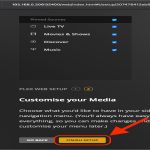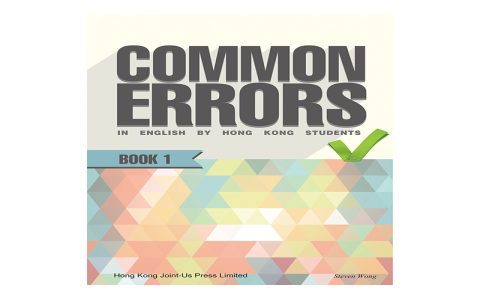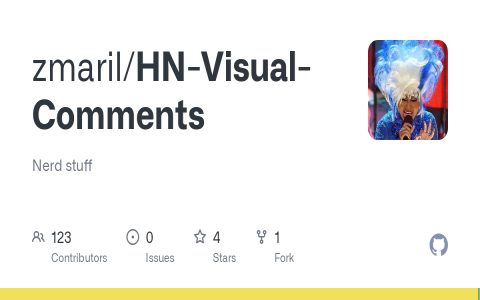Choosing the right stereo mix software (Digital Audio Workstation - DAW) is crucial for achieving professional-quality recordings and mixes. The "best" option ultimately depends on your budget, operating system, workflow preferences, and specific needs. Here's a breakdown of top professional contenders:
Top Professional DAWs for Stereo Mixing
Avid Pro Tools:
Widely regarded as the industry standard, particularly in professional recording studios and for large post-production projects.
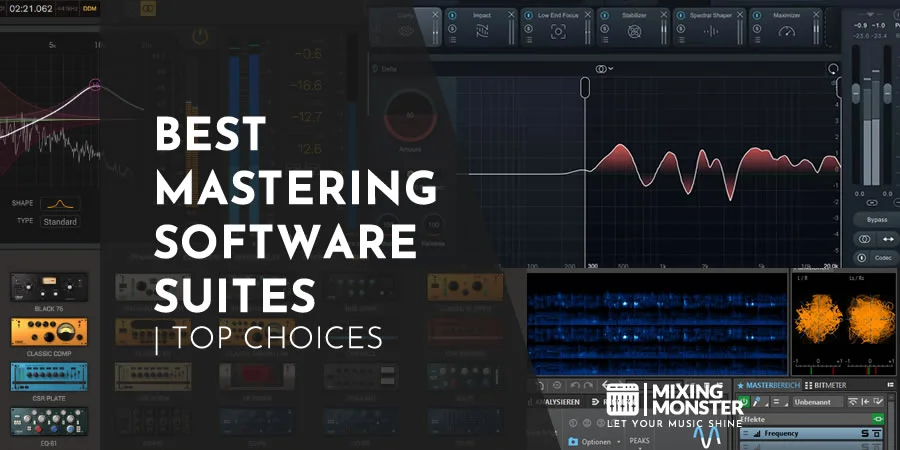
- Strengths: Unmatched editing precision, robust routing capabilities, seamless collaboration tools (Cloud Collaboration), deep integration with Avid hardware, stable large-session performance.
- Target User: Professional engineers, studios working on complex projects, users requiring Avid hardware integration.
Steinberg Cubase Pro:
A powerful and mature DAW renowned for its exceptional MIDI capabilities, audio quality, and comprehensive feature set.
- Strengths: Superior MIDI editing and scoring tools (Dorico integration), VariAudio for advanced pitch/time editing, advanced channel strip processing, superb surround sound support.
- Target User: Composers, producers, engineers seeking deep MIDI integration and audio processing power.
PreSonus Studio One Professional:
Praised for its intuitive and modern workflow, innovative features, and all-inclusive package.
- Strengths: Unique drag-and-drop workflow ("Drag and Drop Everywhere"), integrated mastering suite (Project Page), seamless Melodyne integration (ARA2), deep Melodyne integration (ARA2), excellent value.
- Target User: Engineers, producers, and songwriters valuing speed, intuitive design, and streamlined workflow.
Apple Logic Pro:
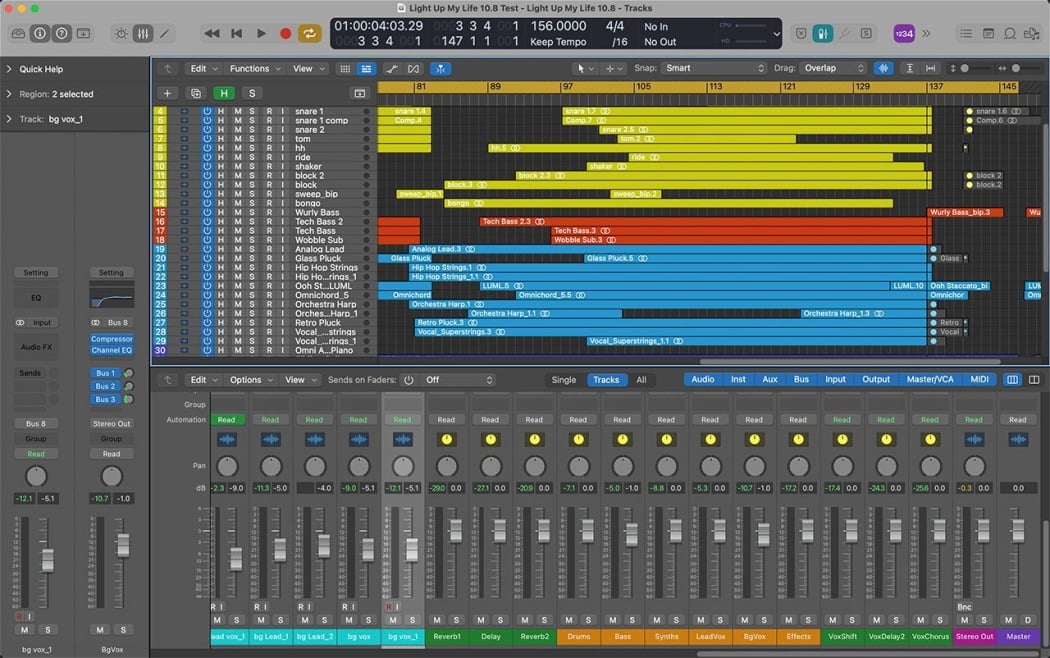
An exceptional value proposition for macOS users, offering an immense feature set at a very competitive price point.
- Strengths: Massive, high-quality library of instruments, effects, and loops, outstanding MIDI editing features (including live loops), comprehensive mixing tools like Mixer FX, professional mastering suite, incredible value.
- Target User: Mac-based musicians, composers, producers, engineers needing powerful tools without breaking the bank.
Excellent Alternatives
REAPER:
A remarkably affordable yet extremely powerful and customizable DAW.
- Strengths: Very low CPU footprint, incredibly lightweight, highly customizable workflow, unlimited trial period, supportive community, powerful scripting capabilities (JSFX, ReaScript).
- Target User: Cost-conscious professionals, power users seeking maximum customization, users on older hardware.
MOTU Digital Performer:
A long-standing professional DAW favored by film/TV composers and engineers for its robust sequencing and scoring tools.
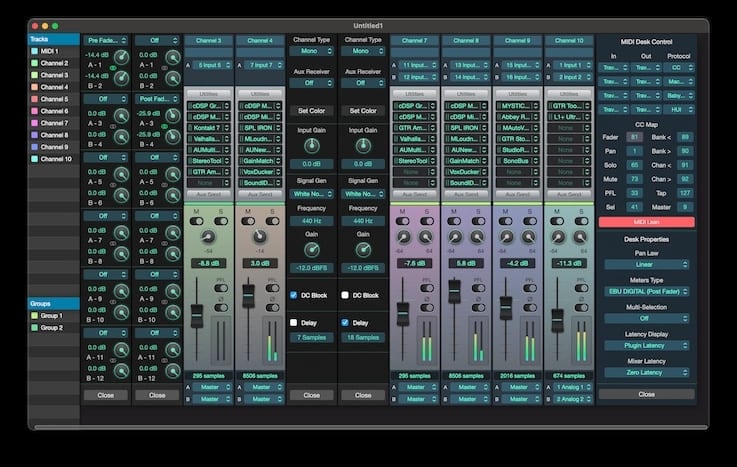
- Strengths: Deep music notation features, advanced chunk-based project management, strong synchronization capabilities (including video).
- Target User: Composers for visual media, engineers needing advanced sequencing and sync.
Key Features to Consider
- Workflow Efficiency: Does the interface and layout feel intuitive and streamlined for your way of working?
- Core Mixing Tools: Quality of EQ, dynamics (compressors, limiters), reverb, delay, and bus routing capabilities.
- Stability & Performance: How well does it handle large sessions and complex plugins? Reliability is paramount.
- Editing Capabilities: Precision and ease of audio/MIDI editing (comping, time-stretch, pitch correction).
- Plugin & Hardware Support: Compatibility with your existing plugins and interface/control surfaces.
- Cross-Platform or OS Specific: Ensure compatibility with your operating system.
Final Recommendation: Thoroughly research demos and trial versions. Most professional DAWs offer exceptional mixing capabilities. Pro Tools remains the "industry standard" benchmark. Logic Pro offers phenomenal value for Mac users. Cubase excels for intricate MIDI and composition. Studio One offers an incredibly modern workflow. REAPER provides unparalleled affordability and customization. Focus on what empowers your creative and technical process most effectively.


